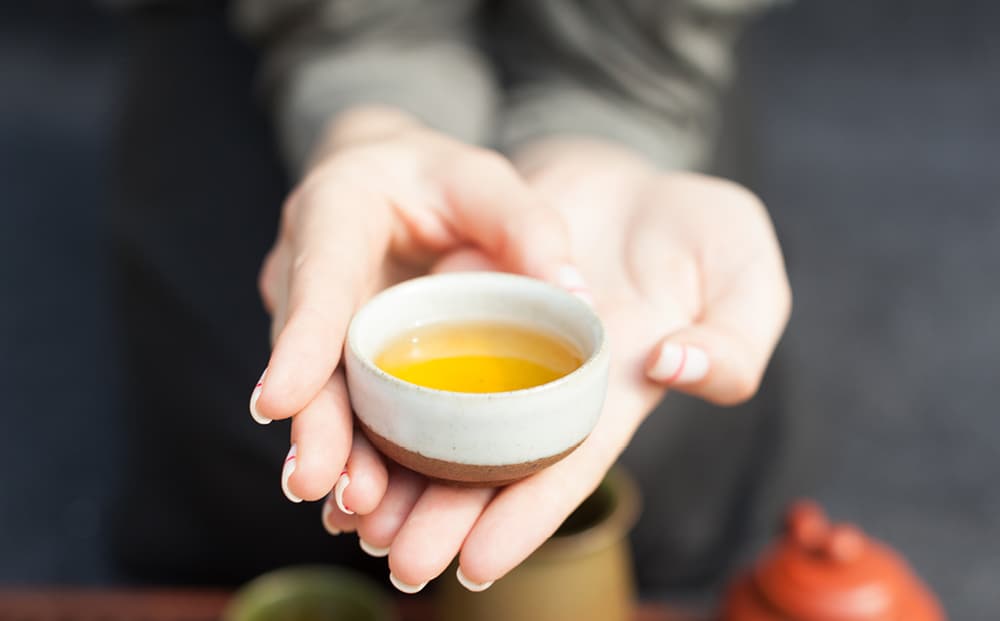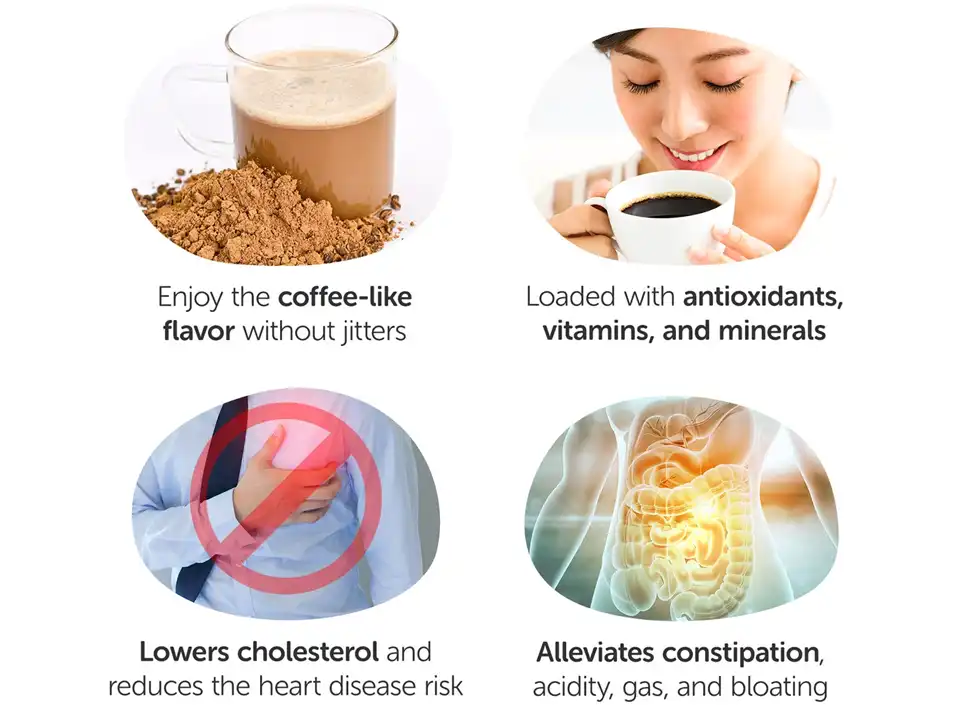Does instant white tea have any health benefits?
Drinking white tea can reduce your risk for heart disease, dental cavities, and insulin resistance. Though there isn’t much research on it compared to more popular teas like green tea, it’s still a healthy addition to your diet. Its leaves and buds are picked just before they are fully open, when they’re covered in fine white hairs. This is where white tea gets its name. Green tea and black tea are also made from the Camellia sinensis plant. However, different processing methods give them their unique flavors and aromas. White tea is the least processed of the three teas. Because of this, it retains a high amount of antioxidants. This is thought to be one reason why studies have linked white tea with many health benefits. For example, it may help reduce the risk of heart disease, combat skin aging and even help with weight loss.
What is white tea?
White tea comes from the buds and leaves of the Chinese Camellia sinensis plant. The leaves and buds are allowed to wither in natural sunlight before they are lightly processed to prevent oxidation or further tea processing White tea (along with other teas) is derived from the Camellia sinensis plant and contains polyphenols, a phytonutrient that is thought to be responsible for the tea's health benefits.
White tea powder is a unique variety of tea, made from the most delicate tea leaves harvested before they fully open. Its distinct flavour and aroma come from the minimal processing the leaves undergo to retain their natural goodness. This process also results in a tea that is low in caffeine and has a higher concentration of antioxidants than other tea types.

Health Benefits of Instant White Tea Powder
1. Rich in Antioxidants
Instant White Tea Powder is packed with antioxidants, particularly catechins and Polyphenols, which help neutralize free radicals in the body, reducing oxidative stress and the risk of chronic diseases.
2. Promotes Healthy Skin
The anti-aging properties of white tea can enhance skin health by protecting against sun damage, reducing inflammation, and improving overall skin tone and texture.
3. Weight Management Support
This tea powder may aid in weight loss efforts by increasing metabolism and fat oxidation, making it a beneficial addition to a weight management regimen.
4. Heart Health Enhancement
Regular consumption of white tea has been associated with improved cardiovascular health, including lower blood pressure and cholesterol levels, which can reduce the risk of heart disease.
5. Anti-Inflammatory Effects
The compounds in Instant White Tea Powder have anti-inflammatory properties that can help alleviate symptoms of chronic inflammation and promote overall health.
6. immune system Boost
White tea's antibacterial and antiviral properties may enhance the immune system, helping the body fend off infections and illnesses.
7. Mental Focus and Clarity
The moderate caffeine content, along with L-theanine, can enhance cognitive function, improve focus, and provide a calming effect without causing jitters.
8. Digestive Health Benefits
Instant White Tea Powder may support digestive health by promoting gut flora balance and reducing bloating and discomfort.
9. Supports Bone Health
The antioxidant and anti-inflammatory properties may contribute to improved bone density, promoting long-term bone health and reducing the risk of osteoporosis.
10. Hydration and Refreshment
As a naturally low-calorie beverage, white tea can provide a refreshing alternative to sugary drinks, contributing to overall hydration.
11. Blood Sugar Regulation
Some studies suggest that white tea may help regulate blood sugar levels and improve insulin sensitivity, benefiting those with diabetes.
12. Stress Relief
The calming properties of white tea can help reduce stress and anxiety, promoting relaxation and emotional well-being.
13. Culinary Versatility
Instant White Tea Powder can be easily incorporated into various recipes, including baked goods, smoothies, and soups, adding both flavor and health benefits.
14. Detoxification Support
The diuretic properties of white tea can aid in detoxifying the body by promoting urine production and helping eliminate waste.

Potential Risks of White Tea
White tea is generally considered safe to drink. There are, however a few risks to keep in mind:
Insomnia and Anxiety
Contrary to popular belief, white tea does contain caffeine. The amount of caffeine varies based on factors such as type of tea, brewing time, and water temperature. Caffeine, especially in large amounts, may affect sleep or lead to anxiety and restlessness.
Pregnancy and Breastfeeding Concerns
Some brands of white teas (and other types of teas) sold in tea bags may contain lead. Studies have shown that some teas sold in stores have levels that are unsafe for drinking during pregnancy and breastfeeding.

How much white tea should you be drinking?
Mohr and Sanger agree that drinking two to four cups of white tea per day will provide you with health benefits. “This amount provides a good balance of antioxidants and other beneficial compounds without overdoing the caffeine,” says Sanger.
White tea has roughly 10-55 mg of caffeine per cup depending on factors such as the type of white tea, brewing time and water temperature.

Conclusion
White tea powder is packed with antioxidants, which makes it an incredibly healthy tea.
Studies have linked white tea and its components to a variety of impressive health benefits, including a lower risk of heart disease and cancer. It may also help you lose weight.
Sadly, white tea has not been studied as much as other teas, like green tea, because it’s not as popular. More human studies on white tea would help clarify its health benefits.
All told, white tea is a great addition to your diet and it is easy to prepare. It has a subtle yet refreshing taste and can be enjoyed both hot and as a cold brew.
SOURCES:
Biochemical and Biophysical Research Communications: “(–)-Epigallocatechin gallate inhibition of osteoclastic differentiation via NF-κB.”
Biochemical and Biophysical Research Communications: “Inhibition effects of (+)-catechin-aldehyde polycondensates on proteinases causing proteolytic degradation of extracellular matrix.”
Bratislava Medical Journal: “Plant polyphenols in prevention of heart disease.”
Cancer Prevention Research: “White Tea Extract Induces Apoptosis in Non–Small Cell Lung Cancer Cells: The Role of Peroxisome Proliferator-Activated Receptor-γ and 15-Lipoxygenases.”
ESHA Research, Inc., Salem, Oregon: “Tea, White.”
Experimental Dermatology: “Topical application of green and white tea extracts provides protection from solar-simulated ultraviolet light in human skin.”
Food Chemistry: “Antioxidant and antimicrobial activities of tea infusions.”
Food Chemistry: “Effect of brewing time and temperature on antioxidant capacity and pPhenols of white tea: Relationship with sensory properties.”
Food Chemistry: “White tea (Camellia sinensis) inhibits proliferation of the colon cancer cell line, HT-29, activates caspases and protects DNA of normal cells against oxidative damage.”
Send Inquiry
Related Industry Knowledge
- Sodium Copper Chlorophyllin vs Chlorophyll
- Activated Charcoal Benefits for Stomach
- Understandng Blue Spirulina: Origins and Benefits
- Luteolin vs Quercetin
- The function and application of Yeast Extract GlutathioneYeast Extract Glutathione
- Almond Protein Powder Recipe For You
- Marigold extract for skin whitening
- What does ergothioneine do for skin?
- Exploring the Origins of Butterfly Pea Powder
- Butterfly Pea Powder: A Natural Food Dye


